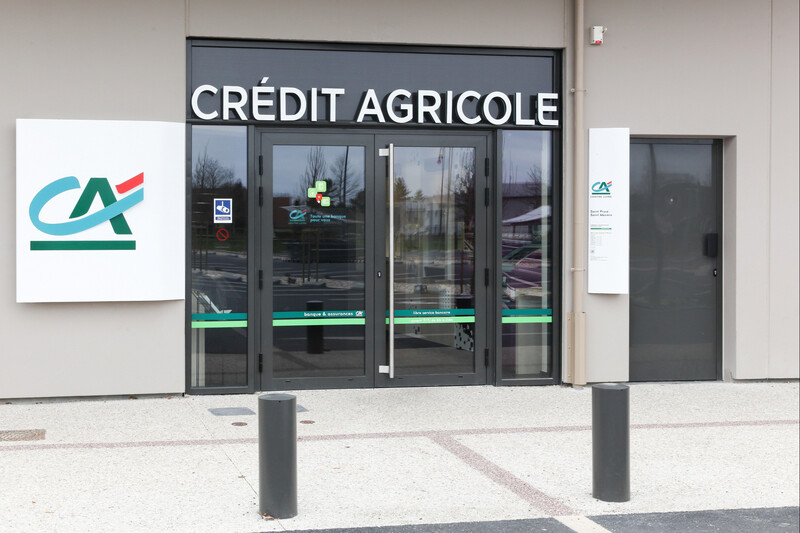Plusieurs banques françaises ont annoncé prendre de nouveaux engagements en faveur de l’environnement. Les établissements bancaires français, qui ont une longueur d’avance sur ces questions, espèrent également tirer profit des opportunités financières de la transition écologique.
6 banques françaises prennent de nouveaux engagements environnementaux
Dans une tribune publiée le 18 octobre par le quotidien Les Echos, 6 grandes banques, toutes membres de la Fédération bancaire française, ont annoncé qu’elles ne financeraient plus, à compter de janvier 2022,
« les projets dédiés et les entreprises dont la part d’hydrocarbures non conventionnels dans l’exploration et la production seraient, concernant le pétrole de schiste, le gaz de schiste, les sables bitumineux, au-delà de 30 % de leur activité ».
Les 6 banques signataires de la tribune, à savoir BNP Paribas, La Banque Postale, Société Générale, BPCE, Crédit Mutuel et Crédit Agricole, fixeront chacune leur propre seuil, dans la limite de ce plafond.
Elles déclarent vouloir être « les premières banques dans le monde à rendre concrète une transition dans le domaine des hydrocarbures non conventionnels », et entendent « promouvoir une réduction du recours à ces hydrocarbures non conventionnels ».
Quelques jours plus tôt, le 14 octobre, la Banque Postale a pris l’engagement de ne plus financer les activités liées aux énergies fossiles à l’horizon 2030, que ce soit le gaz, le pétrole ou le charbon. La Banque Postale, comme Société Générale et BNP Paribas, est membre de la Net Zero Banking Alliance, qui rassemble 43 banques s’étant engagées à atteindre la neutralité carbone d’ici 2050.
Une avance à conserver pour saisir les opportunités financières
Depuis la COP21 et l’Accord de Paris sur le climat, adopté en 2015, les banques françaises ont pris une certaine avance sur les questions environnementales. Une avance qu’elles entendent bien conserver, car comme le révèle un rapport du cabinet de conseil McKinsey, la transition écologique est synonyme d’opportunités financières conséquentes.
« Les énergies fossiles, la production d’électricité, l’immobilier, l’automobile et l’agriculture présentent d’importantes opportunités d’investissements verts », peut-on lire dans le rapport, qui estime à plus de 28 000 milliards d’euros le montant total des investissements en Europe, d’ici 2050, en vue d’atteindre la neutralité carbone.
Le secteur des transports se place en tête, avec environ 12 000 milliards d’euros d’investissements à prévoir, suivi du secteur de la construction, avec 8 000 milliards d’euros, des infrastructures, avec 4 000 milliards d’euros, et de l’énergie, avec 2500 milliards d’euros.
« Alors que certains de leurs clients se retirent des énergies fossiles, les banques ont un rôle à jouer en les aidant à réduire leur niveau de risque dans les contrats d’approvisionnement ou en créant des solutions de financement structurées pour les contrats d’achat d’électricité », expliquent les auteurs du rapport.
Le conseil en financement de la transition écologique représente également une opportunité financière pour les banques françaises. En 2019, le marché mondial représentait 30 milliards d’euros : avec un taux de croissance de 20 % par an, il devrait représenter pas moins de 100 milliards d’euros en 2025.
Quoi qu’il en soit, s’ils veulent tirer profit des opportunités financières de la transition écologique, les établissements bancaires français n’ont pas de temps à perdre. Selon Sébastien Lacroix, l’un des auteurs du rapport du cabinet McKinsey, une part majoritaire du marché sera détenue par les acteurs les plus réactifs d’ici seulement une année.
